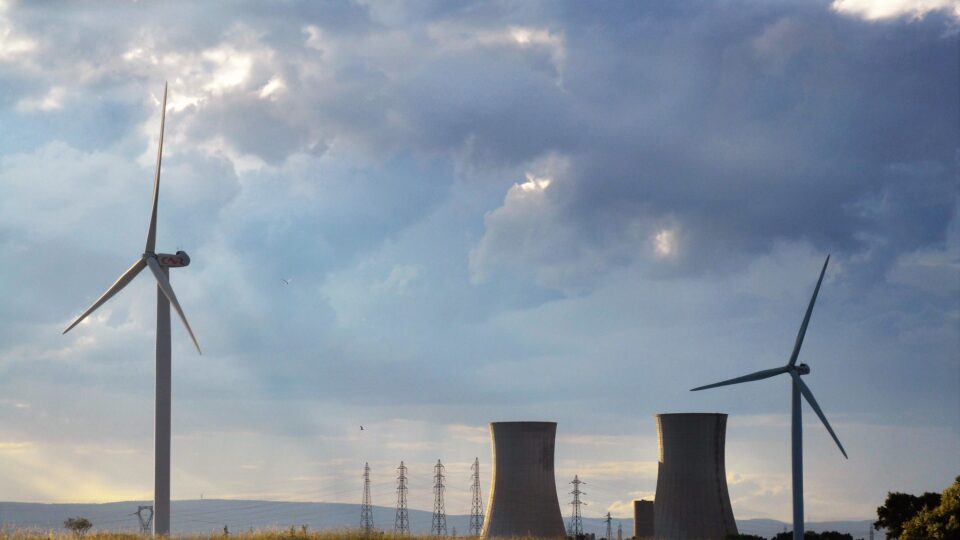Producing construction materials like concrete and steel is a major contributor to greenhouse gas emissions. Between 7 and 8% of emissions are due to steelmaking alone, which has been done pretty much the same way for more than a century.
Iron ore is smelted with high-carbon fuel and is turned into so-called pig iron in a blast furnace, which creates the key raw material for the steel industry. The process uses huge amounts of energy (still often generated by burning fossil fuels) and releases carbon dioxide as a byproduct.
The Department of Energy is sponsoring 40 projects at universities, national laboratories and companies in 21 states aimed at reducing industrial carbon pollution. Ten of those projects are focused on decarbonizing iron and steel. These initiatives are part of the overall effort to move the nation towards a net-zero emissions economy by 2050.
A team headed by Case Western Reserve University that includes Lawrence Livermore National Laboratory, the University of Arizona, and steel company Cleveland-Cliffs Inc. has developed a promising new zero-carbon, electrochemical process for producing steel.
The process is a novel molten salt electrolysis method that is low-cost, capable of achieving high rates, and uses environmentally benign chemicals. The process does not use carbon at all. Using molten salts, electrochemistry can be performed at moderately high temperatures rather than the temperatures of nearly 3000 degrees Fahrenheit used for conventional steelmaking. The goal is to enable steel production that is both economically viable at an industrial scale and that is environmentally sustainable.
**********
Web Links
Photo, posted January 11, 2017, courtesy of Kevin Casey Fleming via Flickr.
Earth Wise is a production of WAMC Northeast Public Radio



















